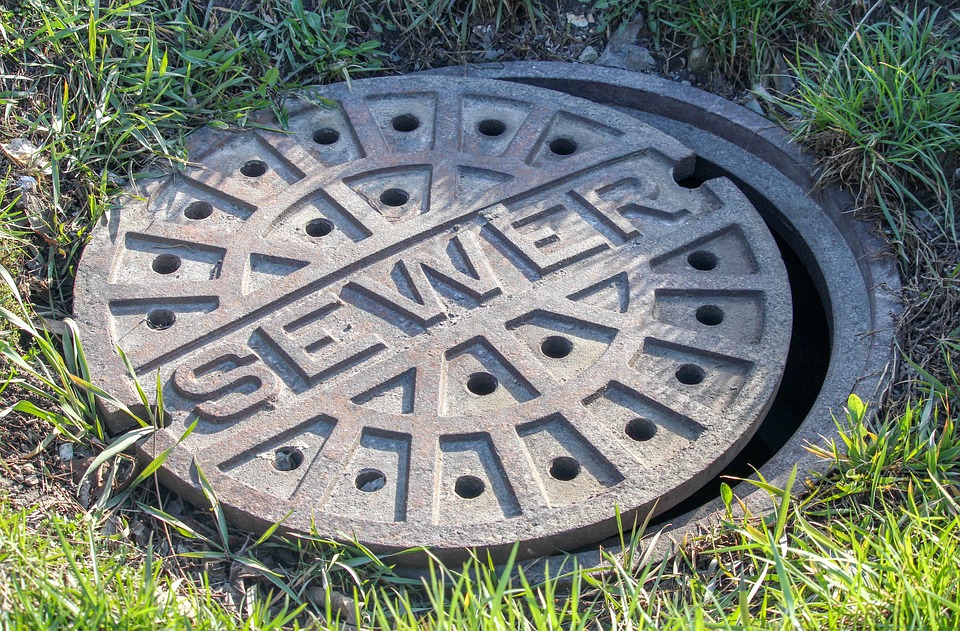UK firms plan early-warning detector for COVID-19 in wastewater

Sewage monitoring is being trialled as a way to spot new outbreaks of coronavirus, and three UK companies have now joined forces to try to develop a probe for this purpose.
Integumen, Avacta and Modern Water are building on recent research findings that fragments of the SARS-CoV-2 virus can be detected in wastewater.
The partners say they plan to develop a sensor that could be added quickly to Modern Water’s Microtox sewage analysis system, and provide a way to spot COVID-19 spikes in near real-time.
The sensor technology consists of a series of proteins that bind to the spike protein of the SARS-CoV-2 virus, provided by Avacta, which will be immobilised on silicon wafers developed by Integumen subsidiary Rinocloud for use in bacterial detection sensors.
The Microtox system is already installed in more than 3,000 locations around the world to detect the presence of bacteria, viruses and toxins, but to date hasn’t been used to identify a specific pathogen.
The partners reckon that it will take a few weeks to validate the SARS-CoV-2 sensors in the lab, a project that will be carried out in a level 3 containment facility – used for the isolation and identification of dangerous pathogens – located at the University of Aberdeen. The partners say they are sharing the costs of the development programme.
Last month, the UK government announced a $1 million sampling study focusing on sewage treatment works around the country, working with water companies and the Universities of Bangor, Edinburgh, Bath and Newcastle.
That project is focusing on genetic material (RNA) from the coronavirus in the hope of developing a standardised system for detecting the virus in wastewater, and is due to generate results in October 2021.
Avacta says studies have shown that more than 60% of COVID-19 positive patients have gastrointestinal symptoms like diarrhoea, nausea and vomiting, and so could be shedding virus into the sewerage system.
While experts think SARS-CoV-2 does not readily spread in sewage, non-infectious residues of the virus can remain in wastewater systems in locations where infected people go to the toilet, even if they are asymptomatic.
The UK project will also investigate whether SARS-CoV-2 in wastewater and sludge can be infectious, and how environmental factors such as sunlight and temperature may reduce the virus’ infectivity.
“Scientists around the world are developing ways of using sewage to locate new infection hotspots and track a second wave of COVID-19,” said Simon Humphrey, Modern Water’s CEO.
“The completion of this evaluation that could identify the level of infection in a community without the need for testing individuals is a very exciting breakthrough and we look forward to working with Integumen to make it happen,” he added.











